In the Galley with Yacht Chef Dylan Stacey
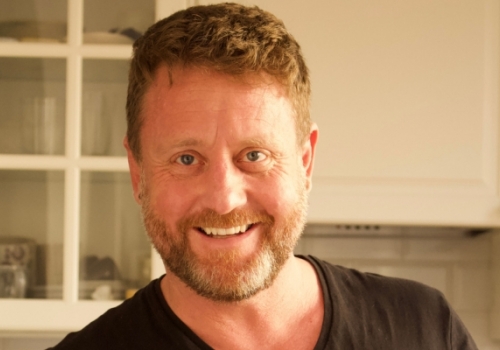
Leading international chef placement agency Amandine has been busy unravelling the ins and outs of the fascinating lives of yacht chefs, getting to know their trade secrets and what makes them tick - from what music they like to listen to in the galley to the most bizarre thing they’ve ever had to cook.
This week, Kate Emery, the founder of Amandine, catches up with freelance South African chef Dylan Stacey, who boasts more than 20 years’ experience working across high-end restaurants, VIP events and, of course, some of the world’s best luxury superyachts.
Hi Dylan! What are you up to right now?
I’m actually freelance at the moment, so I spend my time working across different yachts.
Who is your food hero and why?
Definitely Anthony Bourdain. He was rock and roll, a true legend. His passion for all the different cuisines and exploring food around the world has been an inspiration to me, to many chefs, and I’m sure to plenty more in the future.
What three ingredients could you not live without?
Olive oil most definitely…love that stuff! As for the rest, I think it must be good seasonings. That’s a bit more than three ingredients, but I think it’s an art to make flavours pop and they seriously elevate a dish.
What are your three favourite cookbooks and why?
Honestly, I don’t have any favourites to mention. I’ve never been a cookbook kind of guy. Instead, I much prefer to gather inspiration from restaurants and the hidden gems I always seem to stumble upon on my travels. I take inspiration from dish elements I’ve found and enjoyed and love to incorporate them into my food as I feel others will also enjoy them.
What three kitchen gadgets could you not live without?
I do love a NutriBullet to grind and blitz up just about anything, and another firm favourite is a sturdy Kitchen Aid for kneading bread dough (and if possible, with the pasta dough attachment). A good quality food processor with the essential attachments can’t be forgotten either!
What piece of equipment should every yacht have in the galley?
Proper working cold storage! I know it goes without saying, but I can’t tell you how many times I’ve had to waste precious cooking and rest time, having to deal with fridges and freezers breaking down mid-season.
What would you say are some of the most overrated ingredients?
I think truffles and seriously overpriced beef cuts are totally overrated. Many would disagree, but I can do without them.
What would you say are some of the most underrated ingredients?
Slow cooked meat cuts can be total under dogs. When done right, they are absolutely delicious and the use for them is endless.
What has been the most popular (or requested dish) on a yacht by a guest so far?
That would have to be my pan grilled octopus. Poached until super soft yet still holding shape. Once cooled, chopped into bitesize chunks then pan grilled tossed in a tasty olive oil till crunchy on the outside and soft and tender on the inside. Finish with a side of aioli and lemon to accompany them.
If you were a guest on a yacht, who would you want to cook for you and why?
Since it’s a fantasy. I’d like to have a clone of myself cooking for me. Sounds arrogant I know, but I’m very critical of what I cook, so it makes it difficult to just relax and enjoy when I’m entertaining, even more so in the work environment. This way I’ll be able to chill and enjoy the experience, and get to experience things through the eyes of my guests.
Do you listen to in the galley?
Music all day and night. It’s what keeps me going. As for the genres, they are a bit tricky to pinpoint as I listen basically to all kinds, but when the pressure is on I find a good mix of 90’s rock gets me in to action.
Best galley tip/hack?
Just clean as you go. There’s nothing more frustrating than a dirty disorganised galley. You’ll be more efficient and get to that precious downtime to reboot.
What is the most difficult location you have ever had to provision in? And what bit of advice can you give to figure out where to go?
The most difficult I think was in Cuba, but that was way back in 2006. I have no idea what it would be like now. Otherwise, wherever I have been I haven’t found things too tricky. Just make the best of what you’ve got.
What is the hardest part of your job?
Crew that don’t eat a good enough breakfast then come and whine in my ear come lunch time.
What do you see as being the biggest challenge for chefs in the industry moving forward?
I think the way the media shows the industry warps the view of newbies. So, a word to the wise – it’s not all fun and games like what you see on Instagram and Netflix.
What would you say to people who stereotype chefs as being prima donnas with big egos?
I’d say they are basically right. Not all chefs are of course, but there some who tarnish the name a bit. You have to be a bit nuts to do what we do, and I guess the egos are just a coping mechanism for some. Tone it down and be humble - your food will speak for itself.
What is your attitude toward crew with dietary requirements?
I understand and respect all dietary requirements due to allergies and religious aspects, but if they are just wanting to try out some fad due to it being the new ‘flavour’ of the month, then I have no interest.
What is the weirdest most bizarre thing you have ever been asked to cook?
Nothing really springs to mind, but I have regularly been dragged out of bed at ridiculous hours to tend to some post-clubbing munchies.
Name something you have cooked for guests that you are most proud of.
I’m not one to gloat, but recently I made a slow roast lamb shoulder ravioli that apparently when the guests ate it, they were left speechless. That got me bit emotional.
When you are interviewing a chef to work for you, how do you know if they are any good?
I get a feel from their vibe and how they present themselves. If I can see that that someone is eager to learn more and more then I can generally tell they have a passion and talent for cooking. That should show in what they produce.
What one thing should all chefs do to help the environment?
Use less plastics for one. That’s a bit of a no brainer. Sourcing and cooking sustainably is a major factor, try to buy local and seasonal produce to cut down on carbon footprints. I also aim to buy supplies which have reduced environmental impact. I know it’s not always possible to buy sustainable, but then try and use less.
What one thing can chefs do to limit food wastage?
Don’t over cater. Cook things that you know crew and guests are going to like (because they’ve told you), but I also love to wow guests with unexpected dishes. Don’t be scared to recycle leftovers and get creative. One dish has the potential to becoming something new and even better than what it was first made to be.
If you weren’t a chef, what would you want to be?
Retired and exploring on my own yacht!
About Amandine International Chef Placement
The leader in international chef placement, Amandine Chefs is the brainchild of food fanatic Kate Emery whose overriding passion in life has always been great food and wine. Kate launched Amandine in the South of France in 2011, subsequently expanding across the globe with offices now in Monaco, London and Fort Lauderdale, cementing her commitment to raising standards in the yachting industry and providing the right support, motivation and inspiration to enable chefs to perform at the highest level.
When she's not working or looking after her two daughters, you’ll find Kate eating her way around the world and working through San Pellegrino's top 50 list.

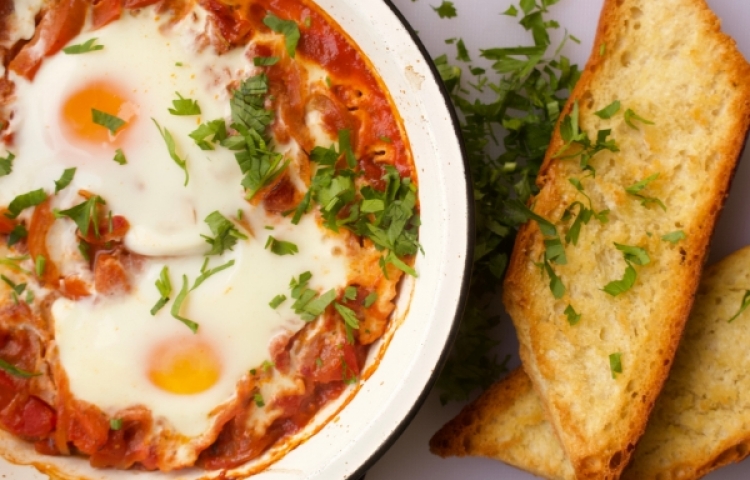
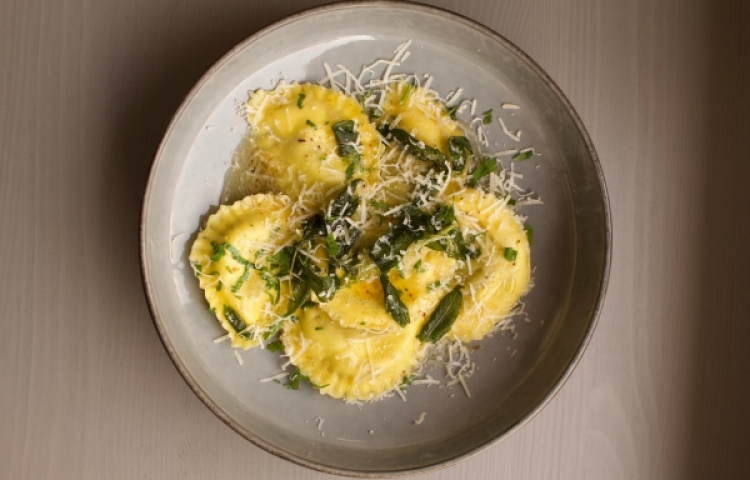
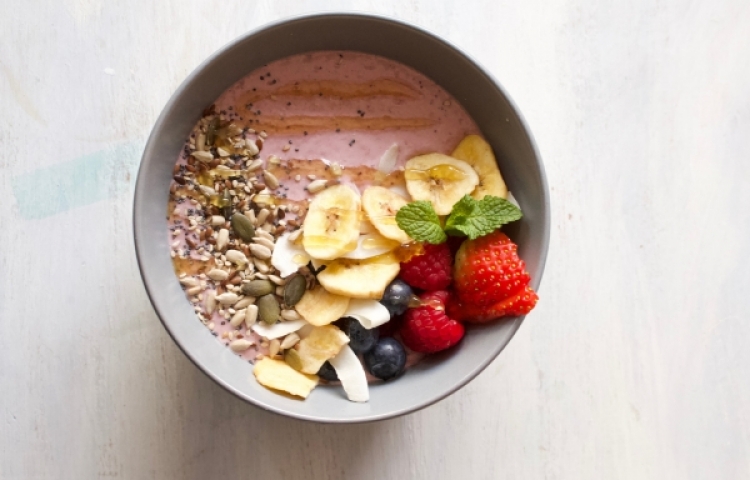
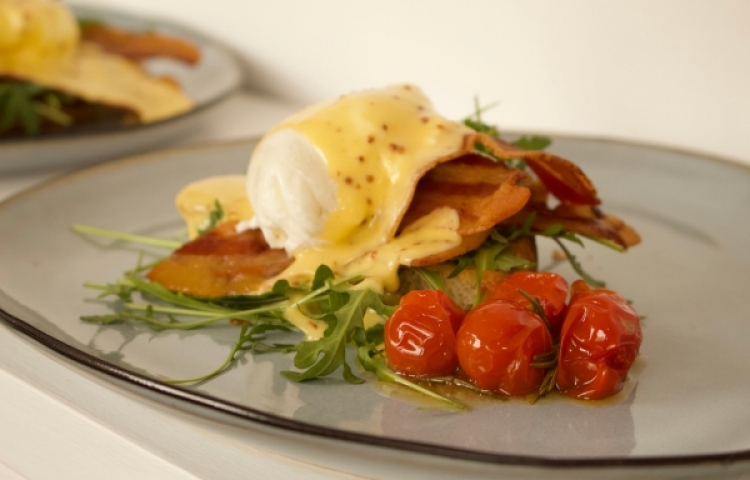
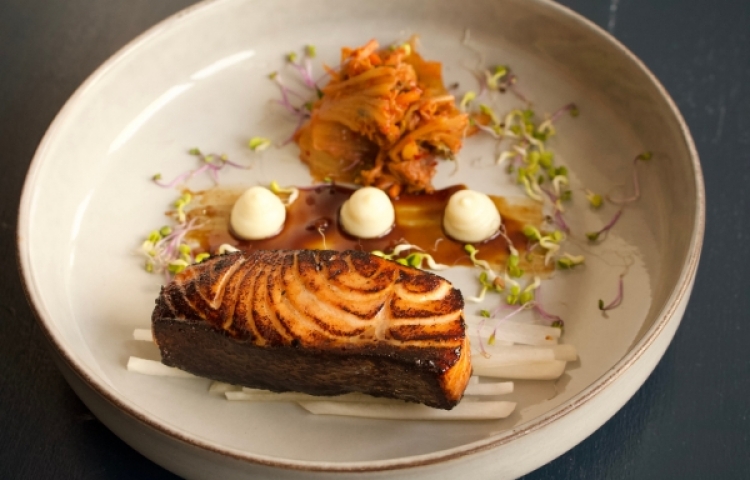
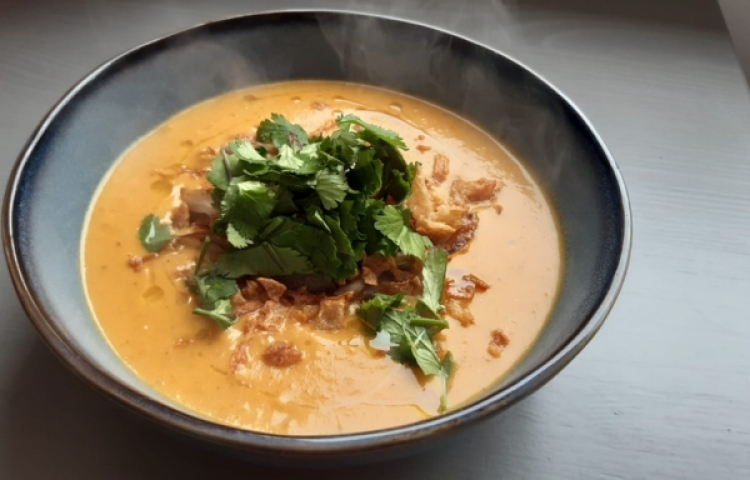
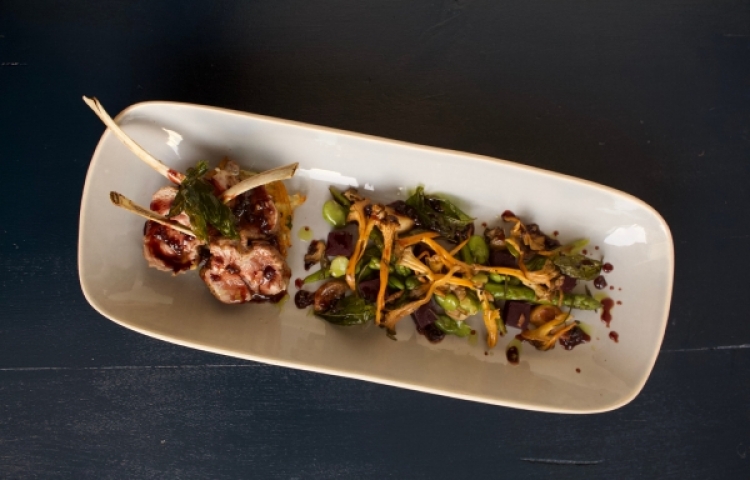
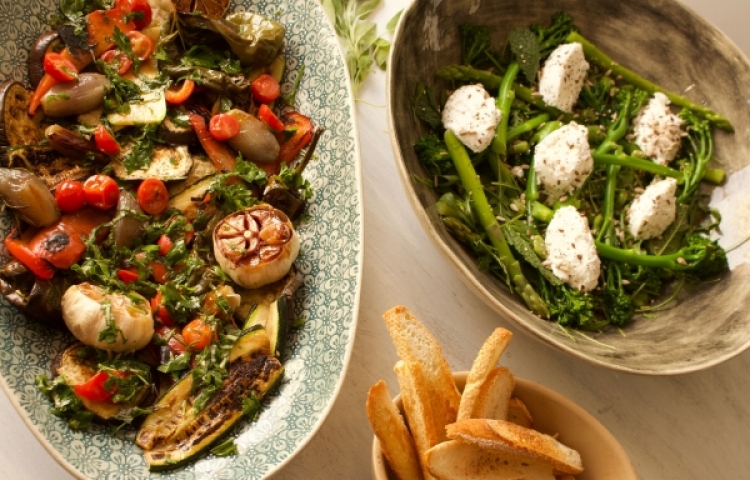

Post your comment
You cannot post comments until you have logged in.
Login to post a commentComments
No one has commented on this page yet.
RSS feed for comments on this page | RSS feed for all comments